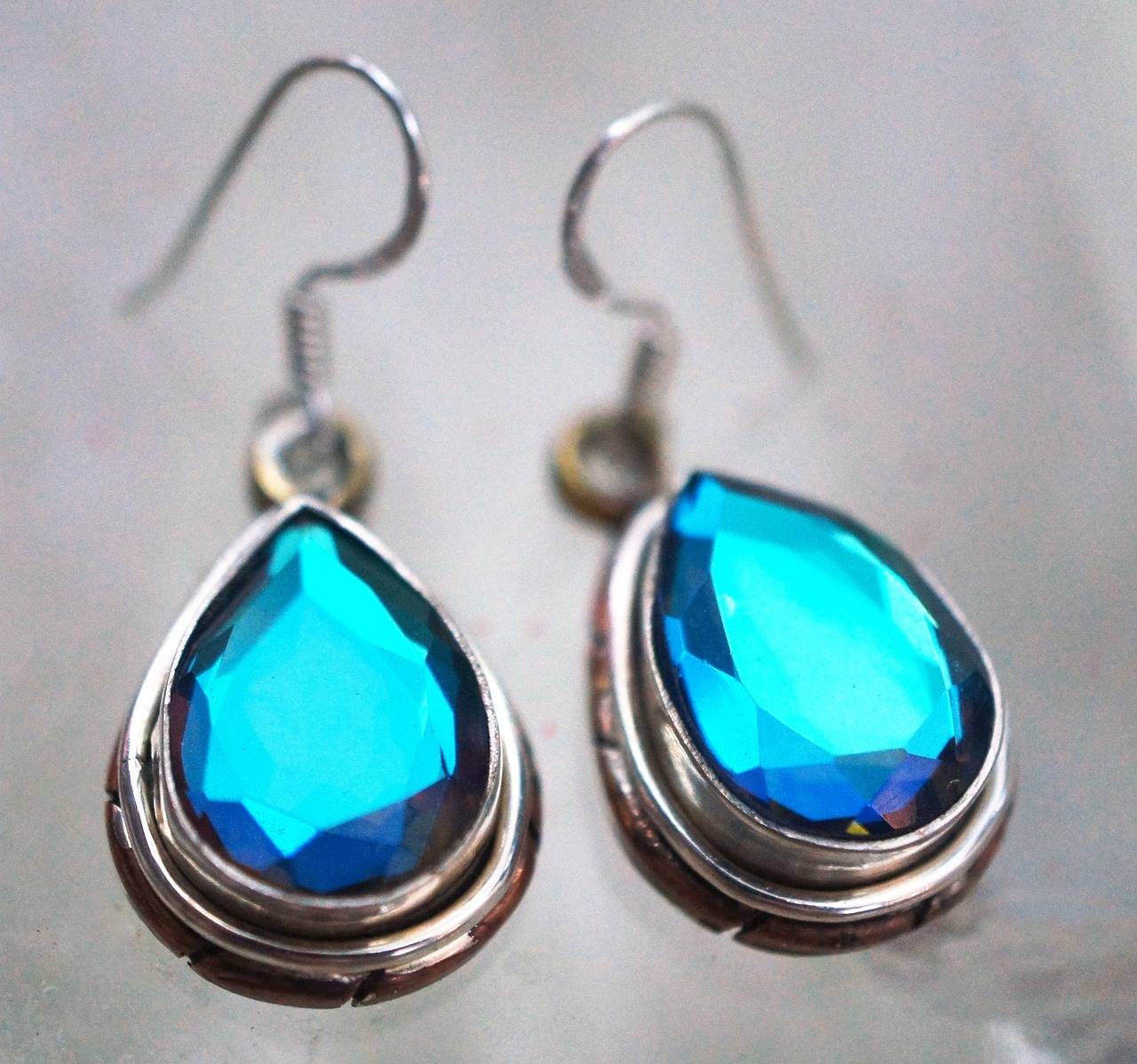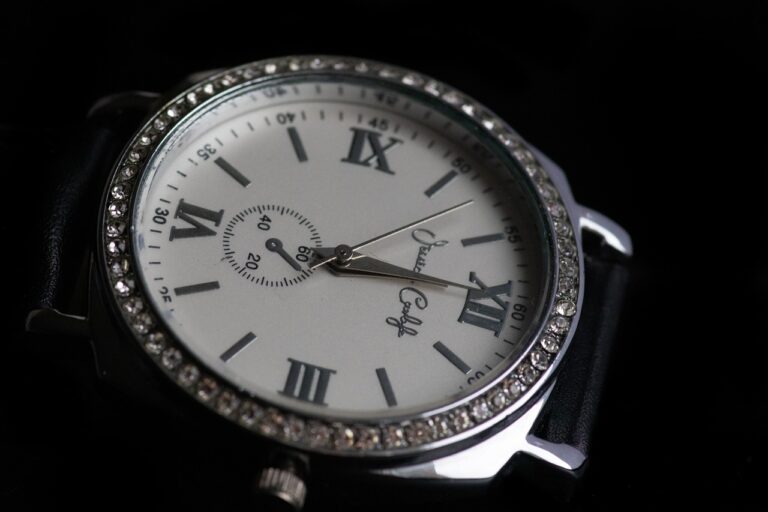Leveraging Influencer Marketing Strategies for Boutique Fashion: Cricbet99 book, Reddy book 247, Play lotus 365 com
cricbet99 book, reddy book 247, play lotus 365 com: Leveraging Influencer Marketing Strategies for Boutique Fashion
In today’s digital age, influencer marketing has become a powerful tool for brands looking to reach their target audience in a more authentic and organic way. This holds especially true for boutique fashion brands that want to stand out in a crowded market. By partnering with the right influencers, boutique fashion brands can increase brand awareness, drive traffic to their online stores, and ultimately boost sales.
In this article, we will explore how boutique fashion brands can leverage influencer marketing strategies to elevate their brand and reach a wider audience. From identifying the right influencers to measuring the success of your campaigns, we will cover everything you need to know to succeed in the world of influencer marketing.
Identifying the Right Influencers
When it comes to influencer marketing, the key is to find influencers whose style and values align with your brand. For boutique fashion brands, it’s crucial to partner with influencers who have a similar aesthetic and target audience. Look for influencers who are authentic, engaged, and have a genuine connection with their followers.
When identifying potential influencers, consider factors such as their follower count, engagement rate, and content quality. Look for influencers who have a strong presence on platforms like Instagram, YouTube, and TikTok, as these are popular channels for fashion content. Additionally, consider working with micro-influencers who have a smaller but more loyal following, as they often have higher engagement rates and can help you reach a niche audience.
Building Relationships with Influencers
Once you’ve identified potential influencers, it’s important to build authentic and mutually beneficial relationships with them. Reach out to influencers with a personalized message expressing your interest in collaborating. Offer them free products or exclusive discounts in exchange for promoting your brand on their social media channels.
When working with influencers, give them creative freedom to showcase your products in a way that resonates with their audience. Provide them with high-quality images and product information to make it easier for them to create content. Collaborate on ideas for campaigns and consider hosting events or giveaways to generate buzz around your brand.
Measuring Success
To measure the success of your influencer marketing campaigns, track key performance indicators such as engagement rate, click-through rate, and conversion rate. Use tools like Google Analytics and social media insights to monitor the impact of influencer posts on your website traffic and sales.
Additionally, consider setting specific goals for each influencer campaign, whether it’s increasing brand awareness, driving website traffic, or generating sales. Monitor the performance of each campaign and adjust your strategies based on the results. Experiment with different types of content, influencers, and platforms to determine what works best for your brand.
FAQs
Q: How much should I pay influencers for collaborations?
A: The cost of collaborating with influencers can vary depending on factors such as their follower count, engagement rate, and the scope of the campaign. Some influencers may charge a flat fee for a sponsored post, while others may work on a commission basis. Consider your budget and the potential ROI when negotiating payment with influencers.
Q: How can I ensure that influencer posts are disclosed as sponsored content?
A: It’s important to comply with FTC guidelines and ensure that influencers disclose sponsored posts as such. Require influencers to include #ad or #sponsored in their captions or use Instagram’s paid partnership feature to make it clear to their followers that the content is sponsored.
Q: How can I track the performance of influencer campaigns?
A: Use analytics tools to track key performance indicators such as engagement rate, click-through rate, and conversion rate. Monitor the impact of influencer posts on your website traffic and sales, and adjust your strategies based on the results.
In conclusion, influencer marketing can be a game-changer for boutique fashion brands looking to amplify their brand and connect with a wider audience. By identifying the right influencers, building authentic relationships, and measuring the success of your campaigns, you can effectively leverage influencer marketing strategies to drive brand growth and increase sales. Experiment with different approaches, collaborate with a variety of influencers, and stay up-to-date with the latest trends to stay ahead of the competition.







